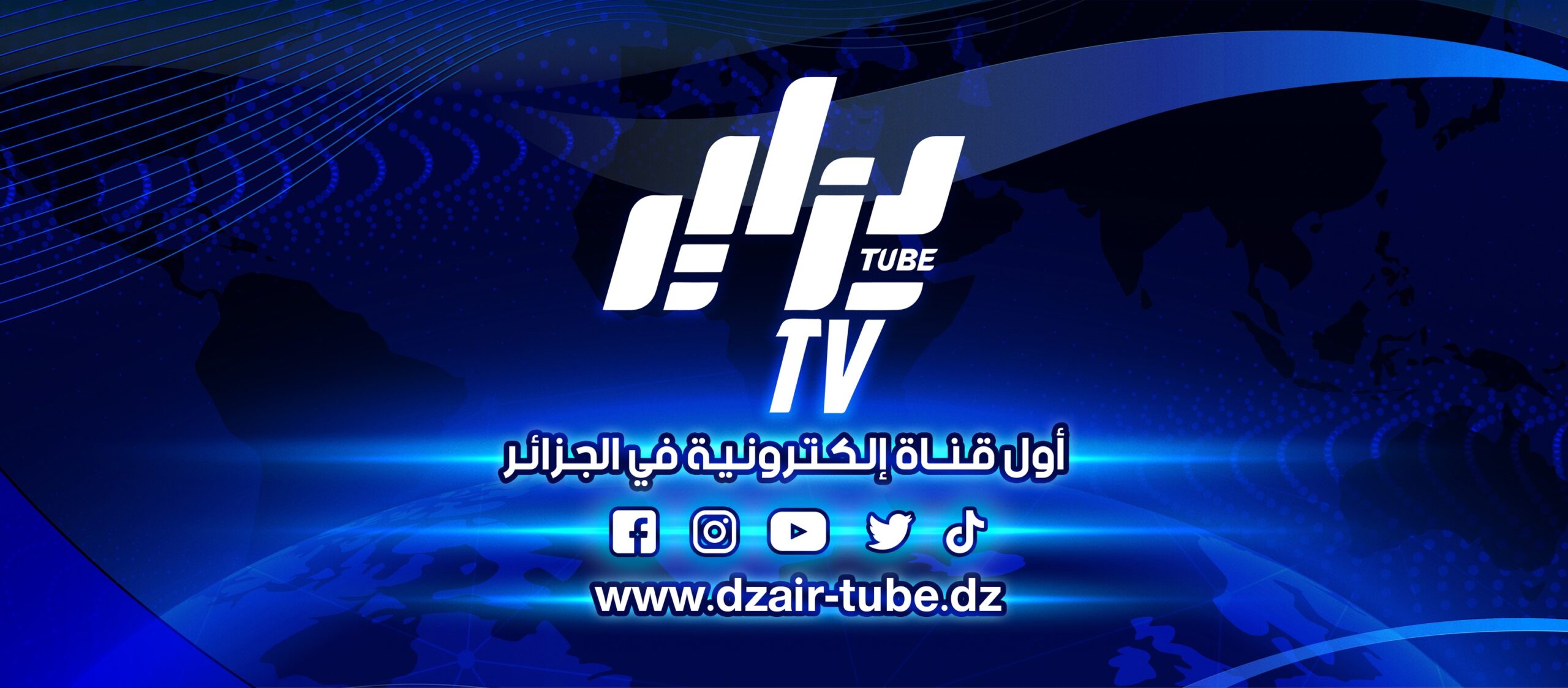BY: Dr. Hana Saada
“The State is strong through its economy and the patriotism of its children.”
Algiers, Algeria | April 14th, 2025 — In a forward-looking address delivered at the second national gathering of economic operators organized by the Algerian Economic Renewal Council (CREA), President Abdelmadjid Tebboune reaffirmed Algeria’s strategic shift toward a robust, transparent, and diversified economy. Held under the banner “2025: The Year of Economic Success,” the conference drew high-level government officials, diplomats, and business leaders to the International Conference Centre in Algiers.
Tebboune laid out a comprehensive economic roadmap, revealing that Algeria’s GDP is projected to grow by 4.1% in 2024, with forecasts ranging between 3.9% and 4% for 2025. A central tenet of his vision is the aspiration to elevate Algeria into the ranks of emerging economies by achieving a Gross Domestic Product of $400 billion by 2027 — a goal underpinned by a sharp increase in non-hydrocarbon production and substantial import substitution, particularly in agriculture.
Industrial Resurgence: From “Desert” to Destination
The president noted Algeria’s remarkable rebound from an era he termed “an industrial desert,” marked by widespread factory closures and soaring unemployment. Since 2019, the industrial sector’s contribution to GDP has risen from a mere 3% to between 6% and 7%, with projections set at 12–13% in the coming years. This industrial revival, he said, is being powered by bold investments and a new generation of Algerian entrepreneurs, transforming the country into an increasingly attractive destination for foreign investors.
Tebboune stressed the importance of cultivating an economic climate rooted in transparency and integrity. In a clear repudiation of past governance failures, he declared, “Those who miss the era of ‘La Issaba’ must understand that this chapter is definitively closed.” He condemned corrupt practices such as over-invoicing and market speculation, describing the exorbitant export prices of Deglet Nour dates as “an economic crime,” and called for the establishment of cooperatives to ensure fair competition.
Streamlined Investment and Maritime Opportunities
A centerpiece of the president’s reform agenda is the simplification of administrative procedures for investors. A new one-stop-shop system is set to be operational within two to three months, allowing investors to complete all necessary steps in a single location without ministerial or banking bureaucracy.
He also announced a fundamental transformation of the Algerian Investment Promotion Agency (AAPI), which will no longer function as a typical bureaucracy but will be restructured into an industrial and commercial development agency. On maritime transport, Tebboune extended a direct appeal: “To those who wish to create shipping companies—now is your moment.”
Mobilizing Private Capital and Encouraging Banking Reform
Addressing the critical issue of capital immobility, Tebboune revealed that substantial sums of money remain hoarded in private spaces, saying, “There are vast amounts stored in basements. Invest them to create private banks.” He urged economic operators to establish their own financial institutions to enhance their presence within the national economy and reduce dependency on state structures. This call reflects a broader ambition to liberalize Algeria’s financial ecosystem and unlock dormant capital for economic expansion.
Agricultural Sovereignty and Export Diversification
Algeria’s path toward agricultural self-reliance was also highlighted, with the president announcing full self-sufficiency in durum wheat by 2025 — a milestone that will save the country approximately $2.5 billion in import costs. This achievement follows a year in which Algeria already saved over $1 billion in cereal imports.
Additionally, Tebboune confirmed the dissolution of the National Agency for the Promotion of Foreign Trade (Algex), citing its inadequacy in the current economic climate. It will be replaced by two new specialized entities dedicated to managing imports and exports more effectively.
From Miracle to Momentum: Boosting Non-Hydrocarbon Exports
President Tebboune hailed Algeria’s recent leap in non-hydrocarbon exports as “a miracle,” referencing the $7 billion achieved two years ago. He set a new target of $10 billion for 2025, underscoring the role of sectors such as construction materials, mining, and agri-food in reducing Algeria’s dependence on oil and gas revenues.
Tebboune emphasized that this export dynamic must be accelerated through innovation, entrepreneurship, and the scaling up of industrial capacities. “We want this annual meeting to be a space for assessing progress and defining new prospects,” he said, encouraging business leaders to embrace the momentum.
Innovation, Startups, and the Youth Factor
A significant portion of the president’s remarks was dedicated to innovation and youth entrepreneurship. Algeria has witnessed a meteoric rise in startup activity, from just 200 a few years ago to 10,000 today — with an official goal of 20,000 startups by the end of his term.
He praised the dynamism of young Algerian innovators, describing them as the architects of a modern economy powered by technology, small and medium enterprises, and patriotic commitment.
A Decisive Break from the Past
Tebboune’s speech was also a forceful denunciation of the corruption and systemic theft that characterized the rule of the so-called “Issaba,” or “gang.” He condemned past instances of public fund embezzlement and fraudulent overbilling schemes that were used as vehicles to siphon foreign currency out of the country. “Those who sold out the country are the ones who embraced corruption, speculation, and overpricing,” he asserted.
In closing, President Tebboune reaffirmed that Algeria’s strength lies in the integrity of its economic actors and the determination of its people to build a sovereign and competitive economy: “A strong state is not made by slogans, but by a healthy economy and citizens who place their country above personal gain.”

